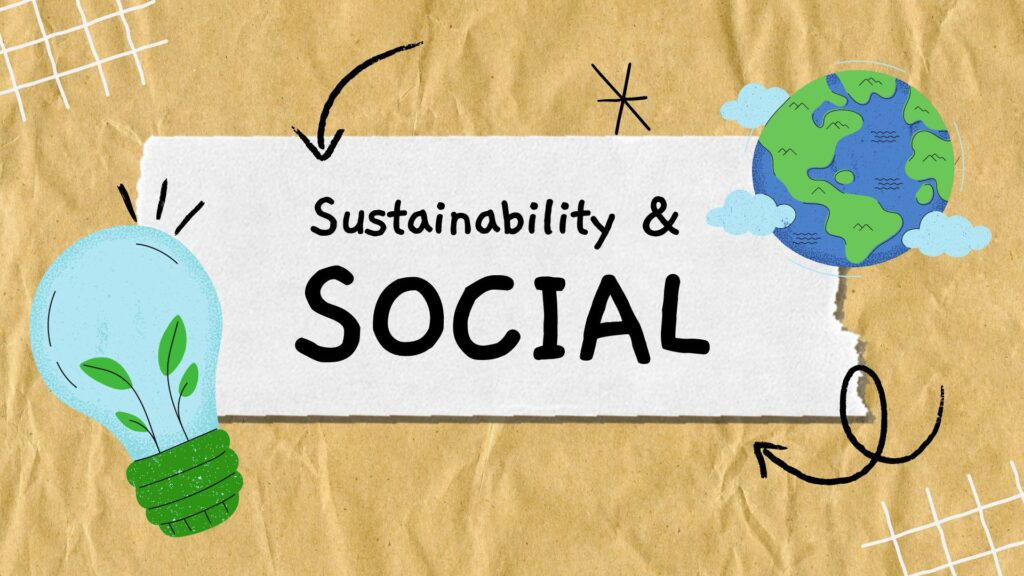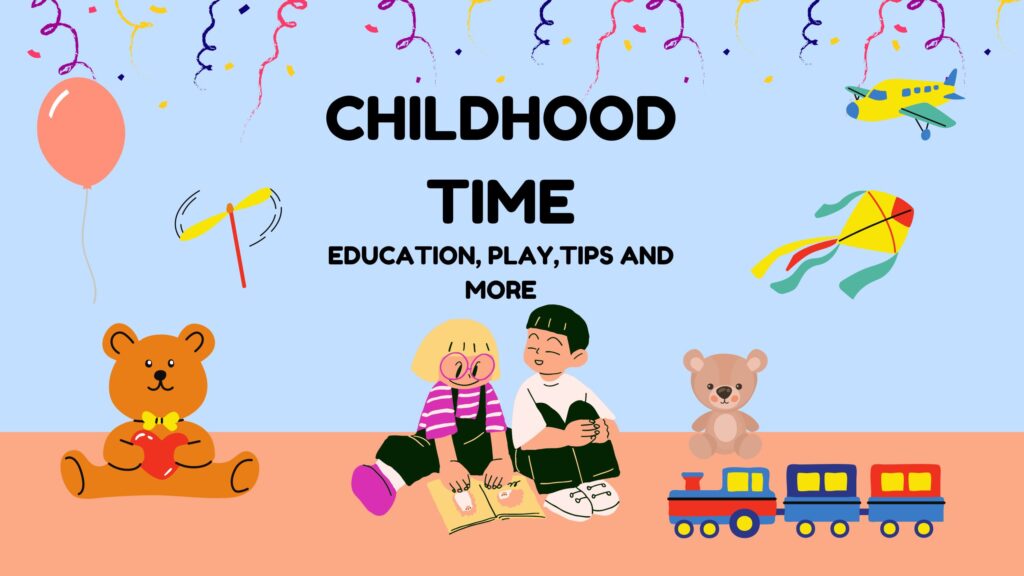The Dangers of Societal Pressure on Children

Societal pressure to present oneself in a certain way can have profound implications for our future. Reflecting on our childhood, it becomes evident how the simplicity of pastimes and the joy of outdoor games contributed significantly to our overall well-being. We learned essential life skills through these experiences, fostering creativity, problem-solving abilities, and social interactions. However, the current era presents a stark contrast, emphasizing rapid success and material accomplishments, often at the expense of genuine childhood experiences.
The Impact of Societal Pressure on Children
1. Loss of Childhood Joy
- Past vs. Present: In the past, children’s play was characterized by outdoor activities, which promoted physical health, social skills, and a connection with nature. Nowadays, the emphasis on structured and indoor activities, often involving technology, can detract from these benefits.
- Imagination and Creativity: Unstructured play allows children to use their imagination freely. The current trend toward technology-driven play can limit this imaginative scope.
2. Increased Stress and Anxiety
- Academic and Extracurricular Pressures: Today’s children face immense pressure to excel academically and participate in numerous extracurricular activities. This can lead to stress and anxiety, as they strive to meet high expectations from parents, teachers, and society.
- Social Media Influence: The advent of social media has introduced a new layer of pressure, where children feel compelled to present a curated and often unrealistic version of their lives online. This can affect their self-esteem and mental health.
3. Privacy and Isolation
- Lack of Social Interaction: The move towards a more private and isolated way of life means that children might miss out on valuable social interactions. Developing interpersonal skills is crucial for their future personal and professional relationships.
- Digital Isolation: While technology connects us in unprecedented ways, it can also lead to a form of digital isolation, where online interactions replace face-to-face communication, diminishing the quality of social connections.
The Importance of Balancing Success with Well-being
1. Holistic Development
- Physical Health: Encouraging outdoor play and physical activities is essential for children’s physical health and development.
- Mental Health: Balancing academic pursuits with leisure and play is crucial for maintaining mental health and preventing burnout.
2. Value of Play
- Learning through Play: Play is not just about fun; it’s a vital part of learning. Through play, children develop cognitive skills, learn to solve problems, and understand the world around them.
- Social Skills: Engaging in group activities helps children develop empathy, cooperation, and communication skills.
3. Encouraging Authenticity
- Real-life Experiences: Encouraging children to engage in real-life experiences rather than virtual ones can help them develop a more authentic sense of self.
- Reducing Performance Pressure: Shifting the focus from constant performance and achievements to personal growth and happiness can create a healthier environment for children.
Conclusion
Societal pressure to achieve and present a certain image can be detrimental to children’s overall development. It is crucial to find a balance that allows children to enjoy their childhood while also preparing them for the future. By promoting outdoor play, reducing academic and social pressures, and encouraging authentic experiences, we can help children develop into well-rounded, healthy, and happy individuals.














